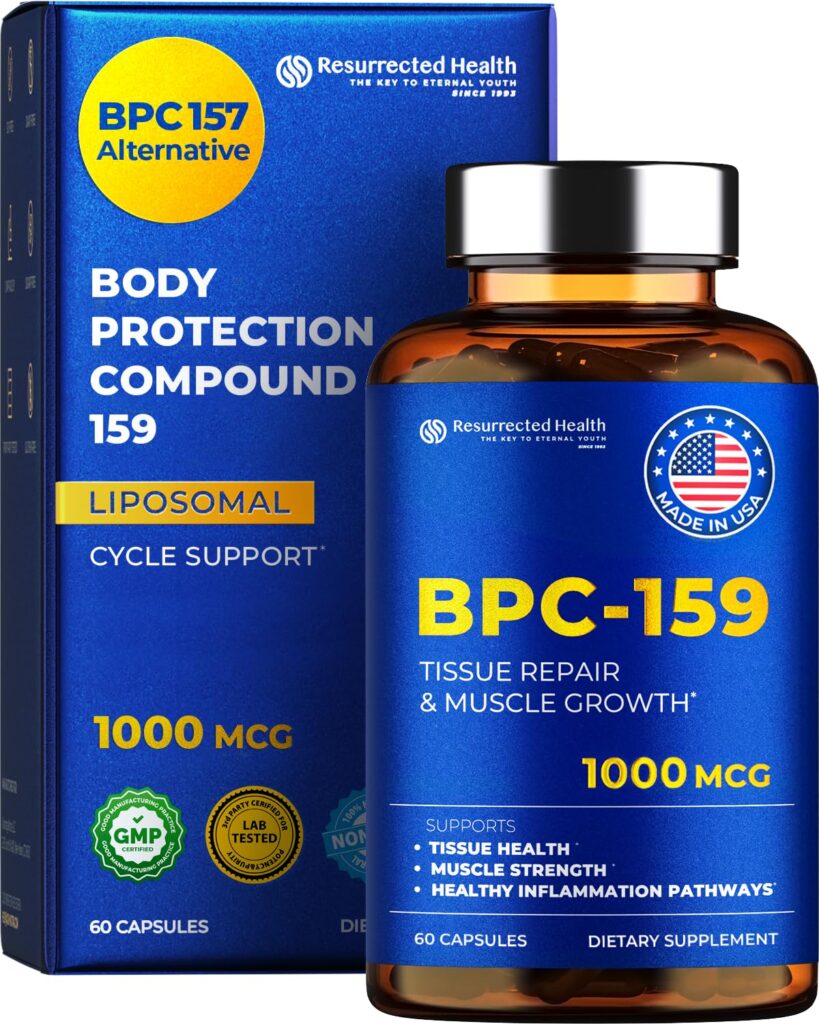BPC-157: Boosting DNA Health

Introduction
In the quest for better health and wellness, individuals often seek out innovative solutions. BPC-157, a peptide gaining attention in the health and wellness community, shows promise in boosting DNA health. Understanding its mechanisms and potential benefits can provide insights into its role in promoting overall well-being.
Understanding BPC-157
BPC-157 Explained
BPC-157, short for Body Protective Compound-157, is a synthetic peptide derived from a protein found in the human stomach. It plays a crucial role in various bodily functions, including DNA repair and regeneration.
Mechanism of Action
This peptide exerts its effects by promoting the formation of new blood vessels, enhancing tissue regeneration, and reducing inflammation. These actions contribute to its potential to promote DNA health and overall well-being.
The Importance of DNA Health
DNA serves as the blueprint for life, containing instructions for the body’s functioning and development. Maintaining DNA integrity is essential for preventing diseases, promoting longevity, and optimizing overall health.
Benefits of BPC-157 in Boosting DNA Health
Promotes DNA Repair
BPC-157 has shown promise in promoting DNA repair processes, aiding in the restoration of damaged genetic material. By enhancing these repair mechanisms, it may contribute to improved cellular function and overall health.
Reduces Inflammation
Chronic inflammation can contribute to DNA damage and increase the risk of various health conditions. BPC157 exhibits anti-inflammatory properties, potentially mitigating inflammation-induced DNA damage and supporting optimal DNA health.

Enhances Tissue Regeneration
The peptide’s ability to stimulate tissue regeneration is beneficial for DNA health. By promoting the repair and regeneration of tissues, BPC157 may contribute to maintaining optimal cellular function and DNA integrity.
Supports Overall Well-Being
Optimal DNA health is fundamental to overall well-being. By promoting DNA repair, reducing inflammation, and enhancing tissue regeneration, BPC157 may support various aspects of health, including immune function, cognitive health, and longevity.
FAQs (Frequently Asked Questions)
- What is BPC157, and how does it work? BPC157 is a synthetic peptide derived from a protein found in the human stomach. It promotes DNA repair, reduces inflammation, and enhances tissue regeneration, contributing to overall well-being.
- Is BPC157 safe for consumption? While research on BPC157 is ongoing, preliminary studies suggest it has a favorable safety profile. However, individuals should consult with a healthcare professional before using any new supplement.
- How can BPC-157 benefit DNA health? BPC157 promotes DNA repair processes, reduces inflammation-induced DNA damage, and enhances tissue regeneration, ultimately supporting optimal DNA health.
- Are there any side effects associated with BPC-157? While BPC157 is generally well-tolerated, some individuals may experience mild side effects such as nausea or headache. It’s essential to follow recommended dosages and consult with a healthcare professional if any adverse reactions occur.
- Can BPC-157 be used to treat specific health conditions? Research on the therapeutic potential of BPC157 is ongoing, with studies exploring its effects on various health conditions. While promising, more research is needed to determine its efficacy for specific medical purposes.
- How should BPC157 be taken for optimal results? The optimal dosage of BPC157 may vary depending on individual factors such as age, weight, and health status. It’s important to follow recommended dosages and consult with a healthcare professional for personalized guidance.
Conclusion
BPC-157 shows promise in boosting DNA health through its ability to promote repair processes, reduce inflammation, and enhance tissue regeneration. As research in this area continues to evolve, understanding the potential benefits of BPC-157 can provide valuable insights into its role in promoting overall well-being.




Leave a Comment